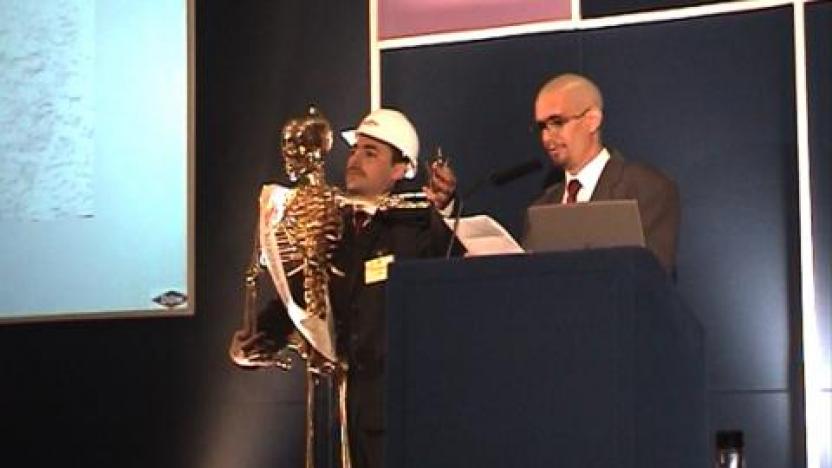Originally posted by reba
View Post
Kernel samepage merging is a feature people forgot to turn on as well.
There is also the sledgehammer option
Disable over-commit.



Comment